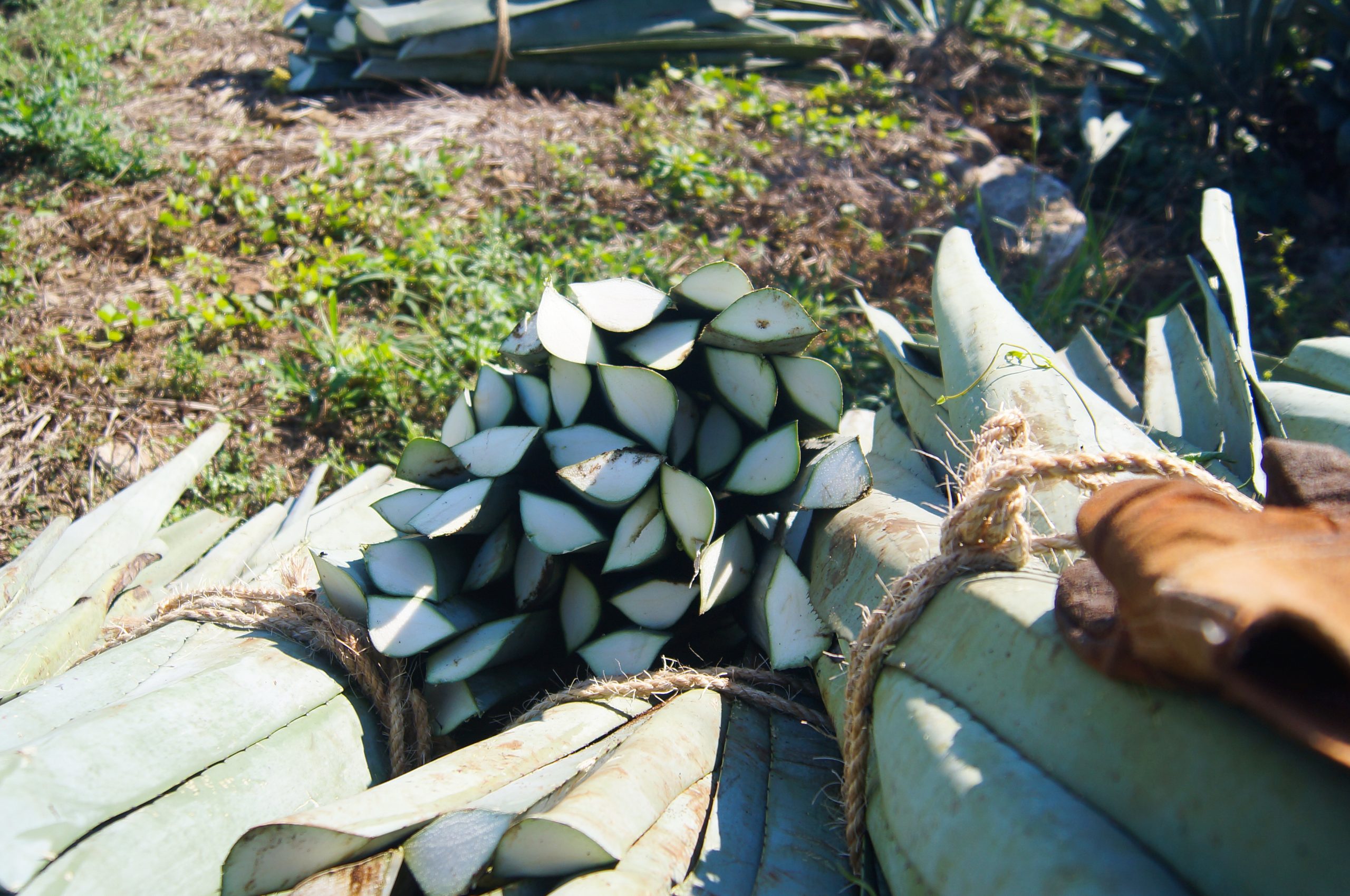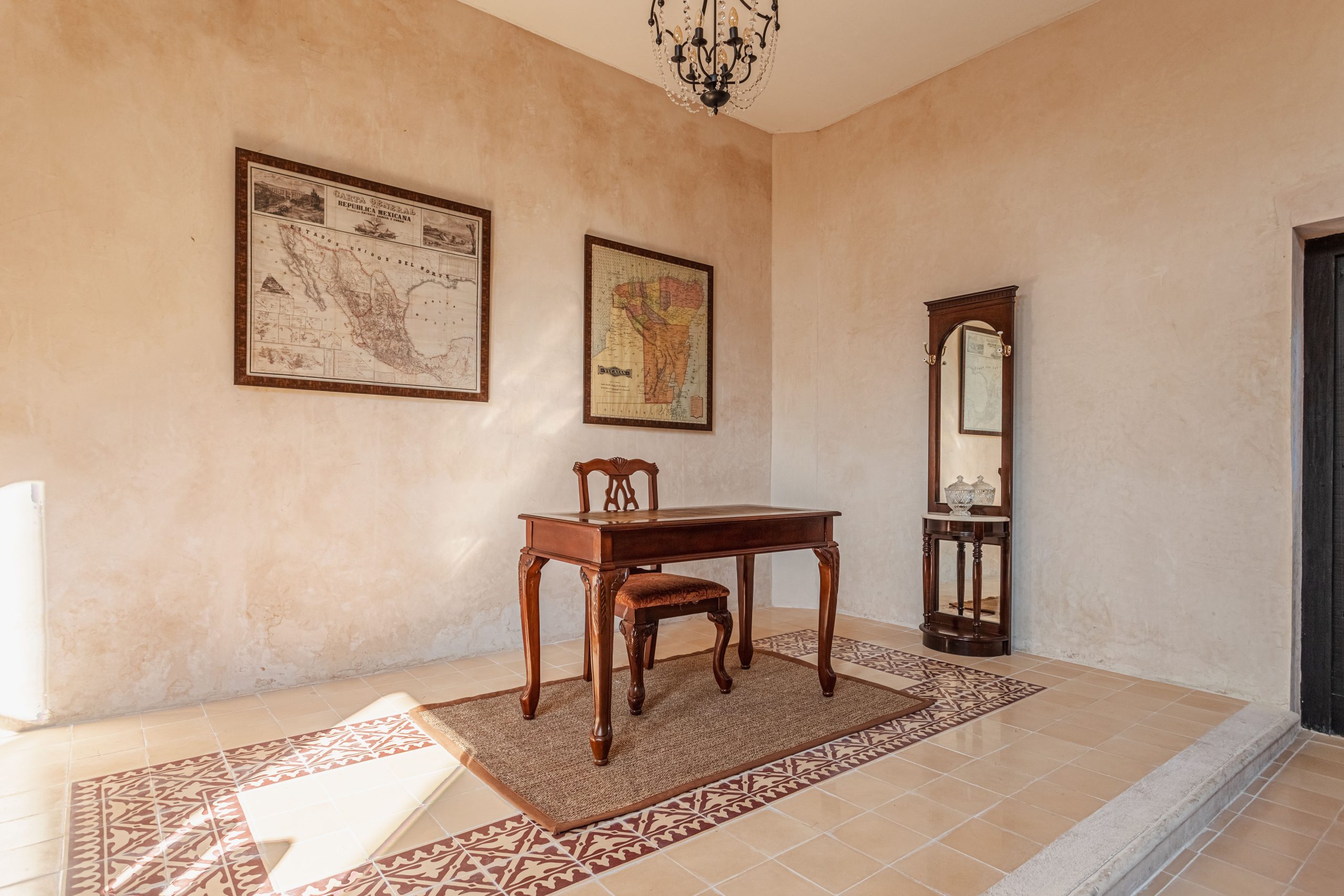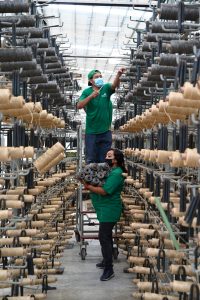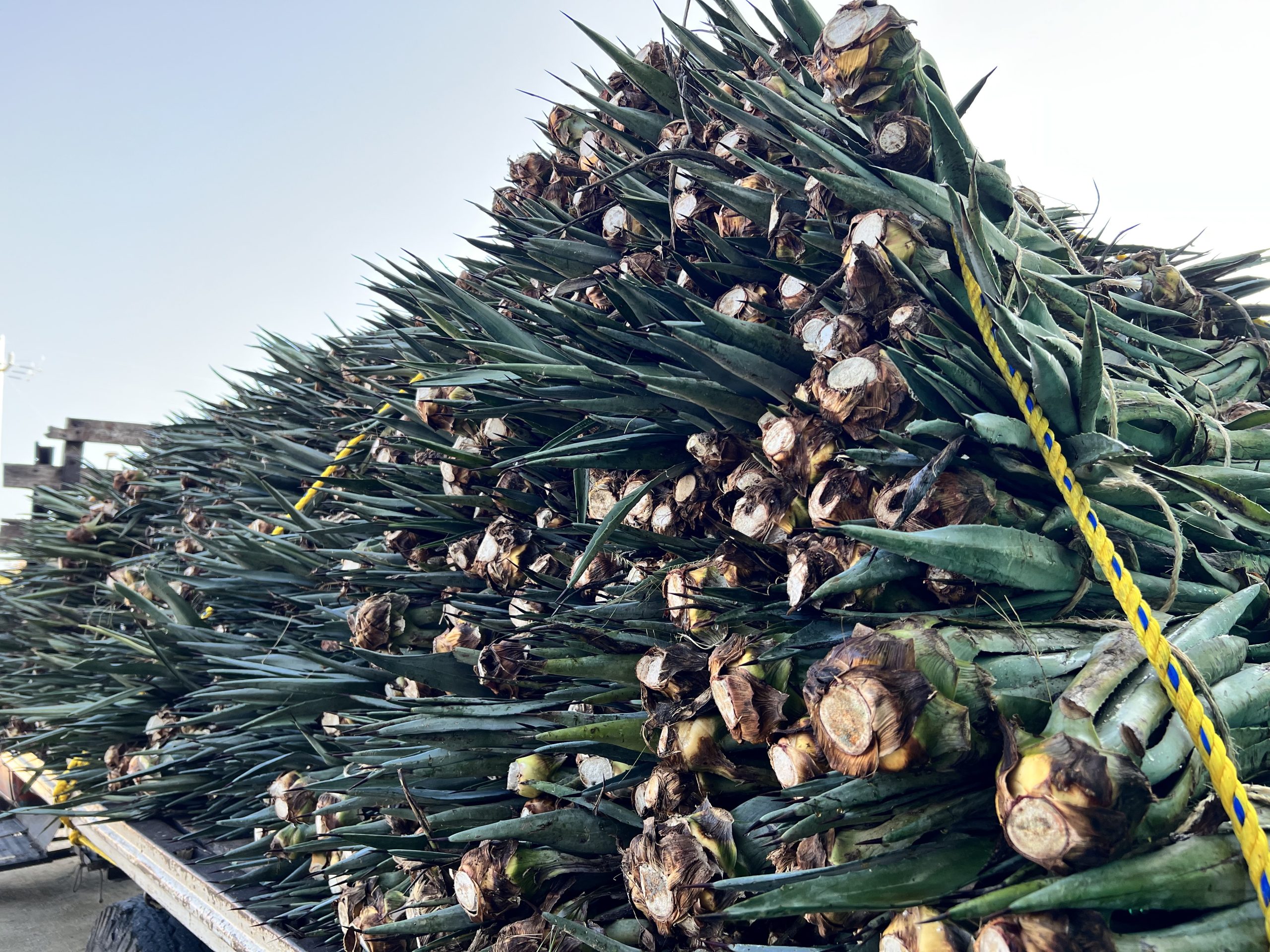

FROM YUCATAN TO THE WORLD
HENEQUEN: THE MEXICAN FIBER THAT CONQUERED THE PLANET
Sisal (also known as henequen) is a coarse and durable fiber commonly used in the production of twine, rope, textiles, ornaments, and rugs. Due to its unique properties and versatility, it is increasingly becoming a popular choice in the world of construction and in the production of composite materials for automobiles and furniture. Additionally, sisal serves as a substitute for plastic and paper products. Sisal is a renewable and 100% biodegradable resource that can play an important role, along with other biofibers, in addressing the global issue of climate change and reducing pollution generated by industries.



